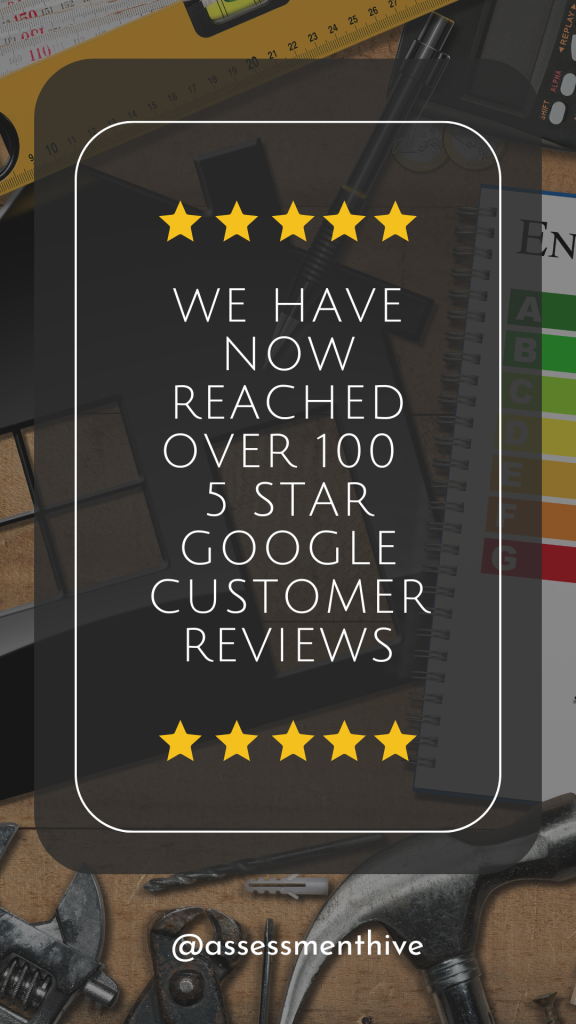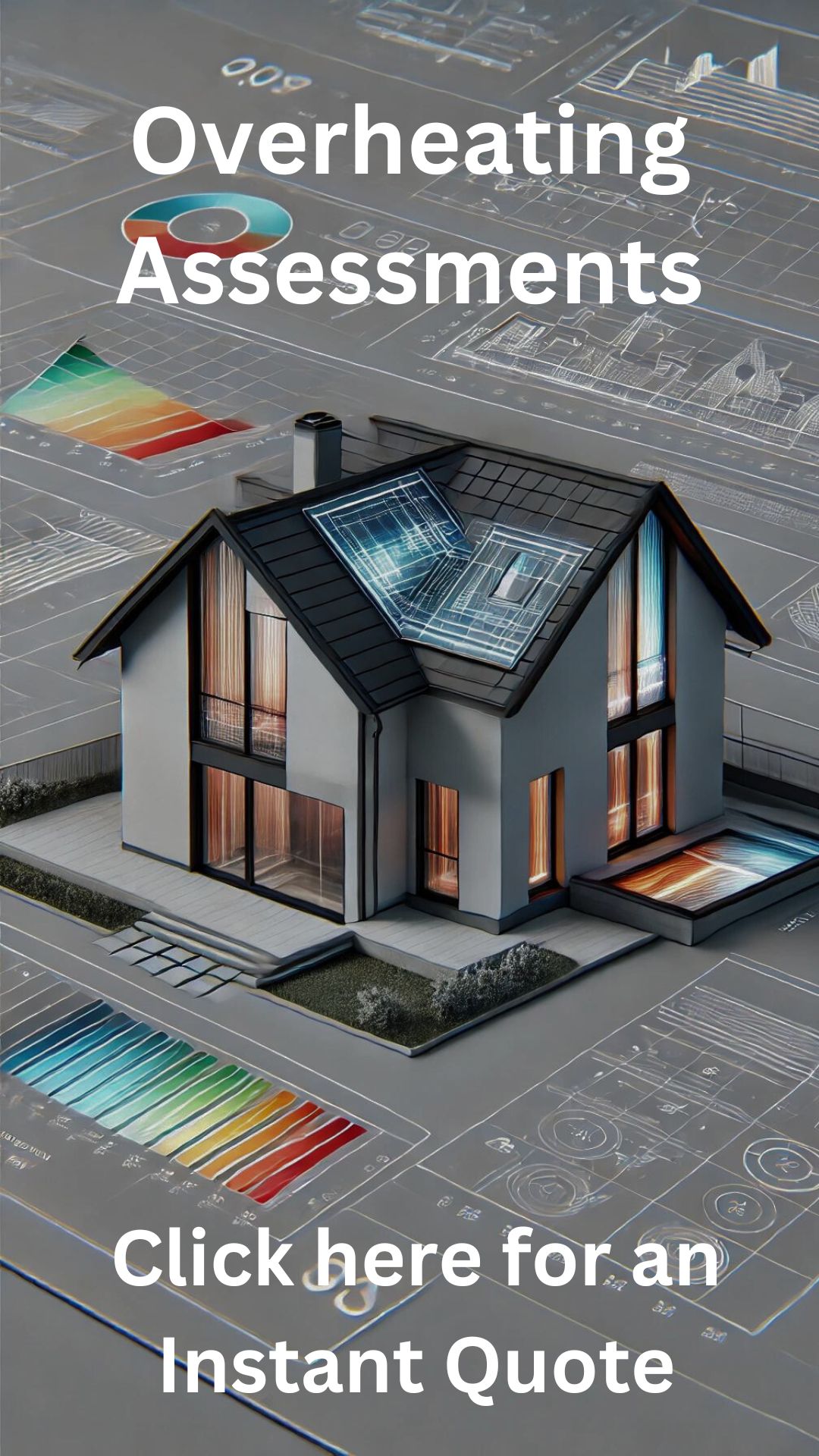What Is an EPC and Why Is It Important?
If you’re planning to sell, rent, or build a property in the UK, you’ve likely heard about needing an EPC. But what is an EPC exactly—and why does it matter?
In this article, we explain what an Energy Performance Certificate is, who needs one, what it includes, and why it’s not just a legal requirement, but a valuable tool for property owners, landlords, and developers.
✅ What are EPCs?
An Energy Performance Certificate is a legally required document that shows how energy-efficient a building is. The certificate gives a property an energy efficiency rating from A (most efficient) to G (least efficient) and includes recommendations on how to improve the rating.
You can’t sell, rent, or market a property without a valid EPC. These certificates are produced by qualified assessors and are valid for 10 years.
👉 Book your certificate with Assessment Hive for fast and reliable service across the UK.
🔍 What Does an EPC Include?
An EPC assesses several aspects of your property, including insulation, heating systems, windows, and lighting. It includes:
-
✅ Energy Efficiency Rating (A–G)
-
✅ Estimated Energy Costs
-
✅ Recommendations for improving efficiency
-
✅ Environmental Impact Rating (CO₂ emissions)
You can use this information to lower your energy bills, improve comfort, and make informed upgrades.
🏡 Who Needs an EPC?
You’re legally required to have an EPC if you are:
-
Selling your property
-
Renting out a home or commercial space
-
Building a new property
-
Making major modifications to an existing building
If you’re a landlord, it’s especially important to check your EPC rating due to Minimum Energy Efficiency Standards (MEES).
📚 Learn more: EPC Requirements for Landlords in 2025
⚖️ Is an EPC a Legal Requirement?
Yes, under UK law, one must be available when a property is sold, rented, or newly built. Without a valid certificate, you could be fined up to £5,000.
Landlords also need to comply with the MEES regulation, which currently requires rental properties to have a rating of at least E, with proposals to increase this to C by 2028.
📘 Want to learn more about compliance? Visit our page on SAP Calculations for new builds.
💡 Why Is an EPC Important?
It is more than a piece of paper—it can save you money and increase your property’s value.
1. Understand Your Property’s Efficiency
It gives you a snapshot of how much energy your property uses and where you can improve.
2. Reduce Your Energy Bills
Making the recommended improvements could save you hundreds of pounds per year.
3. Attract Buyers and Tenants
Energy-efficient homes are more attractive, and a better rating can increase your property’s value or rental yield.
4. Stay Legally Compliant
Avoid legal issues and costly fines by ensuring your property has a valid EPC.
5. Reduce Carbon Footprint
Improving your EPC rating helps lower CO₂ emissions and supports sustainability goals.
🔄 When Should You Renew an EPC?
An EPC is valid for 10 years, but you may want to renew it if:
-
You’ve made improvements (e.g. insulation, new boiler)
-
You’re preparing to sell or rent your property
-
You want to show a higher EPC rating to boost appeal
🏠 Domestic vs Commercial
There are two types of certificates:
-
🏡 Domestic EPCs – For homes, flats, and residential lettings.
-
🏢 Commercial EPCs – For shops, offices, and industrial units.
Assessment Hive offers both services nationwide with quick turnaround times.
🔎 Learn more about our EPC Certificates and how we can help.
🔎 How do I get one?
Getting an certificate is simple:
-
Book an appointment online or by phone.
-
A qualified assessor visits your property.
-
You receive your digital copy within 24–48 hours.










